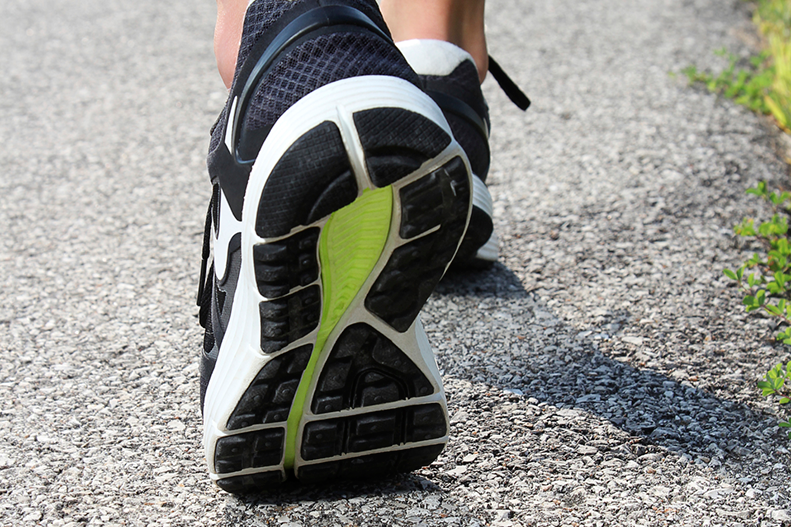Diabetes is most widely known as a condition resulting in high blood sugar. However, some may be surprised to learn that nerve damage, known as neuropathy, is one of the primary concerns for patients with diabetes. This can seriously affect the body’s extremities, particularly the feet, which are most susceptible to nerve damage.
Preventative actions and careful monitoring can help minimize foot problems that result from neuropathy. Whether you’ve been recently diagnosed with diabetes, or have had the disease for many years, foot and ankle surgeon Stephen F. Conti, MD, suggests the tips below to help keep your feet healthy.
Never Miss a Beat!
Subscribe to Our HealthBeat Newsletter!
Thank you for subscribing!
You can now select the specific newsletters you'd like to receive.
You are already subscribed.
Subscribe to more newsletters in our email preference center.
Sorry, an error occurred. Please try again later.
Get Healthy Tips Sent to Your Phone!
Tip 1: Control Your Sugar Intake
Monitoring your sugar intake can help prevent the development of neuropathy. It’s important to remember that diabetes does not inherently lead to neuropathy. However, chronically high blood sugar levels (demonstrated by hemoglobin A-1 C levels higher than eight) will often result in damage to the nerves connected to the feet. The higher your blood sugar level, the quicker you will typically develop neuropathy.
Tip 2: Work with Your Doctor
On each visit to your primary care physician, orthopaedic doctor, or foot and ankle specialist, take off your shoes and socks. With each checkup, ask your physician to examine your feet and look for any areas of concern. Your doctor can keep detailed records of your feet and help monitor their long-term health.
Tip 3: Inspect Your Feet Daily
When looking at your feet, pay special attention to areas of pressure. You can identify these areas by looking for redness, and by closely monitoring the bottom of the feet. If examining your own feet, a mirror with an extension pole can help view the entirety of the bottom of your foot. If you find any blisters or sores, report these to your health care provider immediately. Complications of sores can potentially lead to prolonged hospitalization or even amputation in serious cases.
Tip 4: Wear Specialized Footwear
Whether or not you have developed neuropathy, wearing diabetic socks and shoes can help prevent the development and progression of nerve damage. Specialized footwear can support your feet and maintain healthy circulation to your extremities. Supplies are often covered by insurance, so talk to your doctor and discuss your options.
About UPMC Orthopaedic Care
When you are dealing with bone, muscle, or joint pain, it can affect your daily life. UPMC Orthopaedic Care can help. As a national leader in advanced orthopaedic care, we diagnose and treat a full range of musculoskeletal disorders, from the acute and chronic to the common and complex. We provide access to UPMC’s vast network of support services for both surgical and nonsurgical treatments and a full continuum of care. Our multidisciplinary team of experts will work with you to develop the treatment plan that works best for you. Our care team uses the most innovative tools and techniques to provide better outcomes. We also are leaders in research and clinical trials, striving to find better ways to provide our patients care. With locations throughout our communities, you can find a provider near you.
